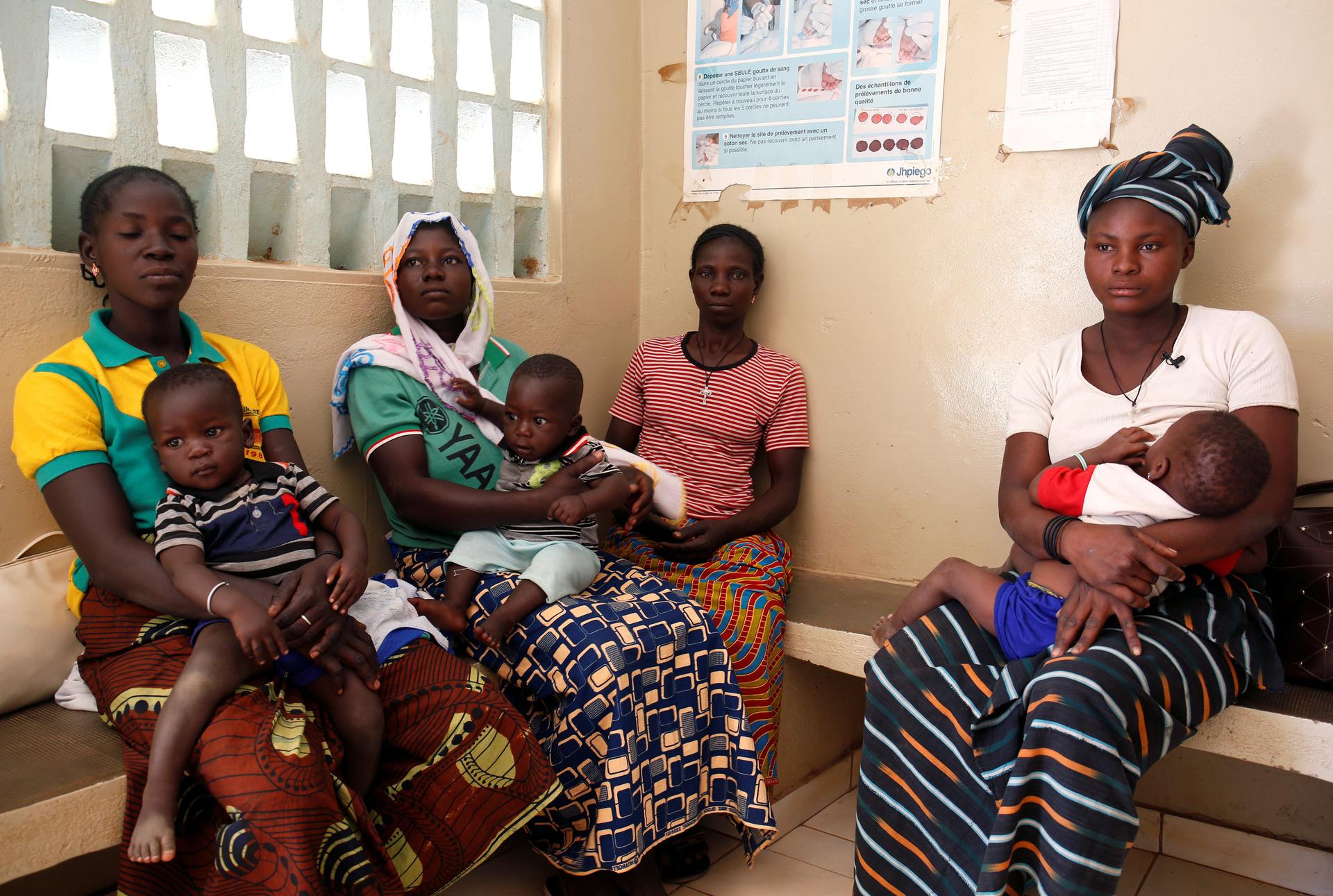The Catholic Church in Burkina Faso has renewed a campaign to stop the use of contraceptives as a form of family planning. The church’s move comes weeks after the government strongly urged citizens to use family planning to help reduce the sizes of families.
“We cannot plan families for ourselves. That’s the work of God,” catechist Emmanuel Kabore told Catholic News Service in an interview, explaining that the use of contraceptives was against the will of God. “Children are a blessing and a gift from God. Why do we want to kill them?”
The church’s campaign has attracted support from the majority of Catholics in the country who opine that it’s God who has the power to give children, and the use of contraceptives risks women’s health.
“If we truly believe in God, then we should follow his word. There’s nowhere in the Bible where there’s family planning or abortion,” said Maria Zango, a mother of seven who runs a restaurant in the country’s capital, Ouagadougou.
“We should allow God to give us the children he wants. The use of contraceptives has negatively affected many women. Some have developed irregular bleeding and fibroids. Others have either gained or lost weight. In some instances, the use of family planning has led to infertility and even birth complications,” she said.
In 2020, Burkina Faso had a fertility rate of 5 children per woman. Statistics from 2015 showed 22 percent of women of reproductive age using family planning.
Surveys have shown that the country’s major barriers to family planning are a lack of information and risks associated with contraceptives. It also shows that religious leaders play a key role in disapproval of contraceptives in communities. The nation of nearly 21 million people is 61 percent Muslim, 19 percent Catholic, 15 percent animist and 4 percent Protestant, according to the latest estimates from the U.S. State Department.
On several occasions, the government has accused the church of trying to undermine efforts to campaign for access to family planning methods, including distribution of birth control pills, hormone injections and condoms. Last October, for instance, the government cautioned Catholic leaders that it was ready to end state subsidies for Catholic hospitals if the church continued to oppose the use of artificial birth control.
However, members of the Bishops’ Conference of Burkina Faso and Niger responded Oct. 19 that “no subsidy can condition the church in its positions in conformity with its doctrine, which it does not claim to impose.”
Cardinal Philippe Ouédraogo of Ouagadougou recently said that Christians are called to protect, honor and respect human life because it’s “sacred and is a gift from God.”
“We are all created in the image of God, and committing murder is a sin,” said Ouédraogo. “We cannot promote the use of contraceptives because, as the church we must protect the right to life.”
However, some Catholics support the government’s efforts to use contraceptives to have manageable family sizes.
Sophie Voudri, 35, a mother of three, said she was using contraceptives to avoid getting more children she couldn’t feed and educate. She said family planning programs have helped many women to delay or space babies to avoid maternal and child mortality rates.
“Contraception helps women to plan and choose whether they want to have children or not,” she said, adding that the residents of the country were facing severe economic problems. More than 40 percent of the population in Burkina Faso lives below the poverty line. “If you have to give birth to many children, then you need to have enough resources to manage them. Otherwise, they will suffer, and you will regret having them.”
Ouédraogo disagreed with her sentiments, saying people should not fail to give birth because of poverty. Instead, he said, they should urge their leaders to fight against corruption, bad governance and social injustices to free their country from poverty.
“Let us not be confused and link our poverty to the number of children we need to have,” he said. “We should reject policies that degrade human life and return to our traditional values that respect and promote life.”














